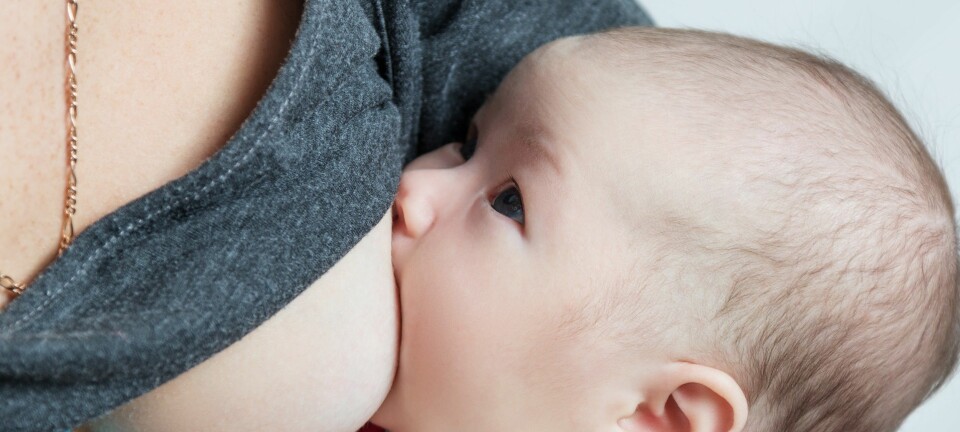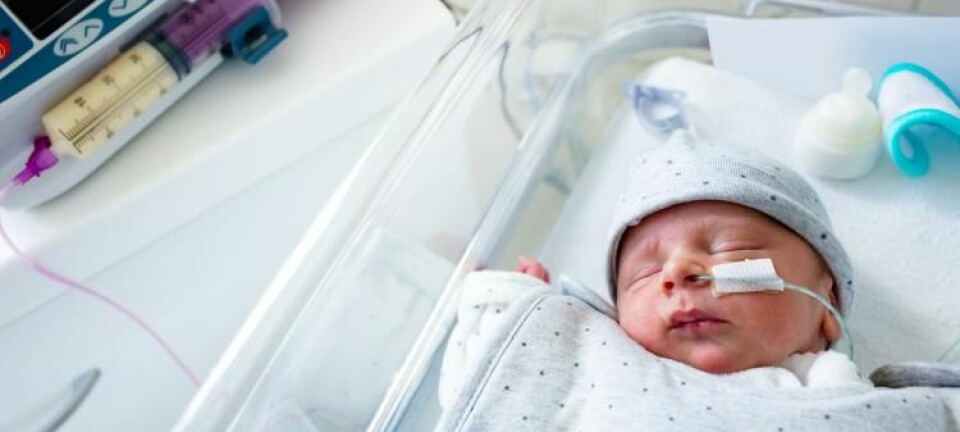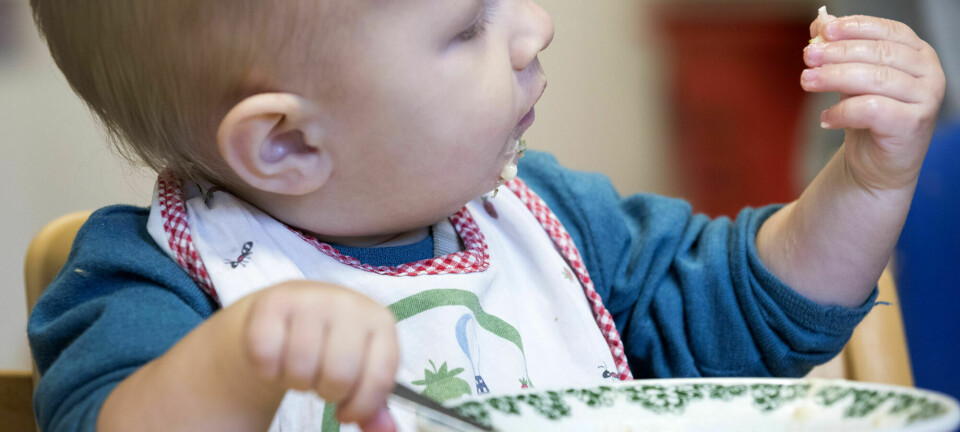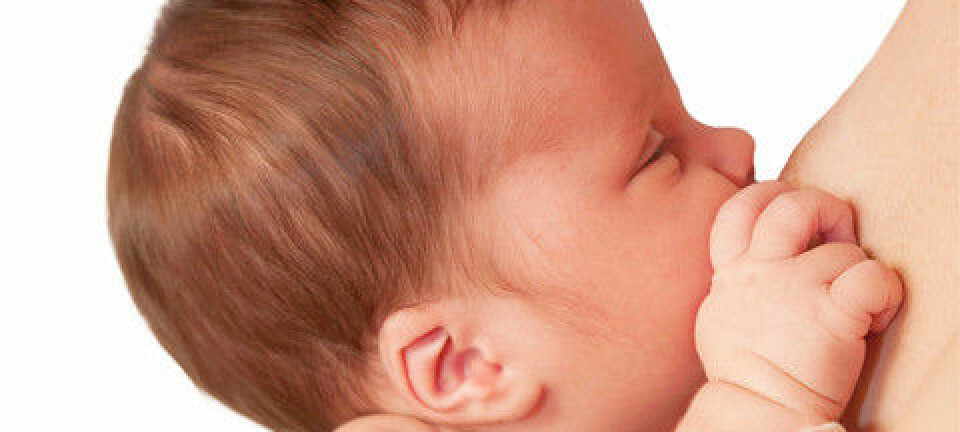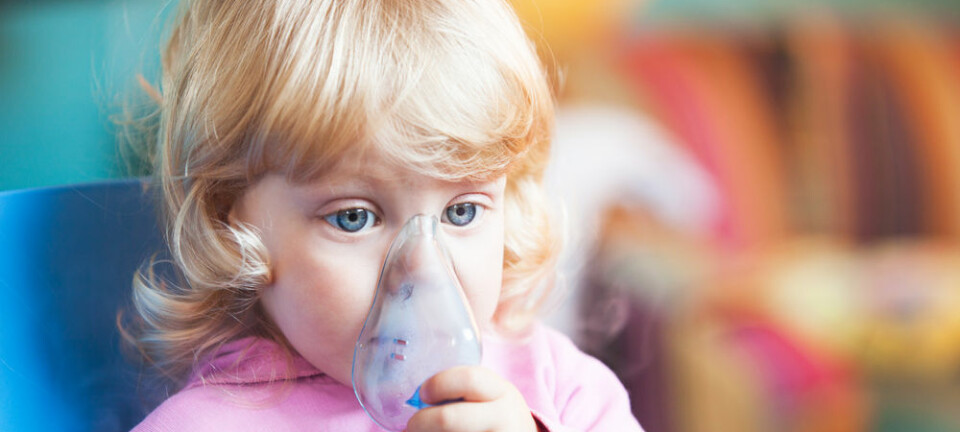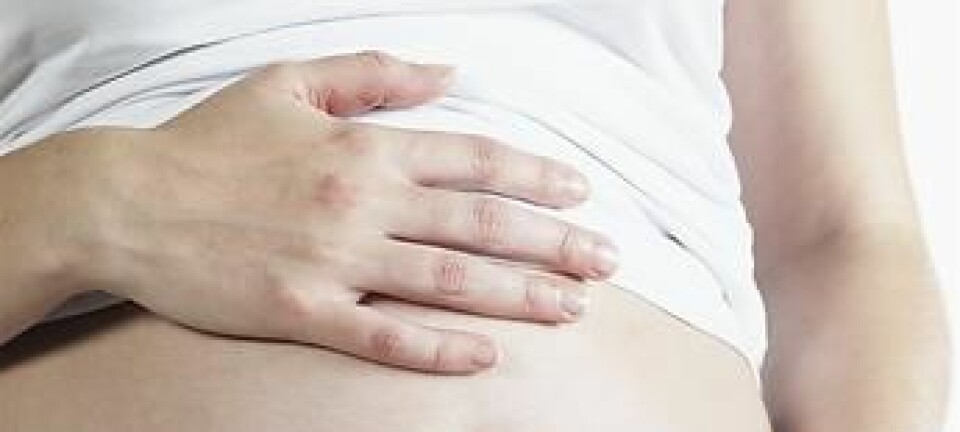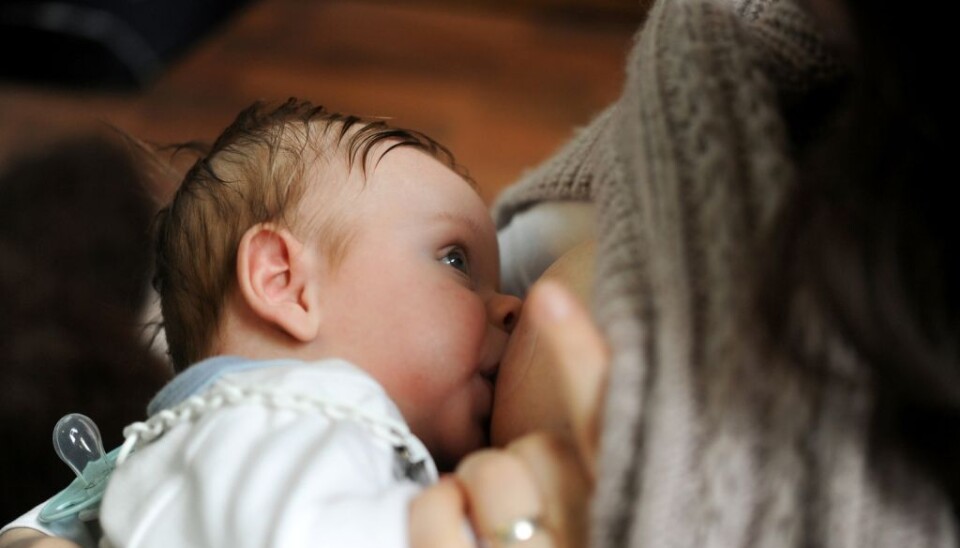
Can a mother’s bad diet be bad for her nursing baby?
Does junk food make junk breast milk?
It’s easy to forget that we are not just humans, but mammals. And that means female humans, like other mammals, have the ability to feed their babies with the breast milk their bodies make.
It’s an amazing system, where breast milk not only provides a baby the food it needs, but also substances that protect the child from infection and helps its immune system.
But how does today’s modern diet, complete with fast food or frozen pizzas, affect the nutritional content of breast milk?
If you stop by the local fast food joint for a double cheeseburger and fries, does your baby get the equivalent of the same unhealthy combination?
Some, but not much
Two experts, Anne Bærug, nutritionist and head of the Norwegian National Advisory Unit on Breastfeeding, and Erling Tjora, a pediatrician at Haukeland University Hospital in Bergen, weighed in on this question.
“The nutritional content of mother’s milk reflects her nutritional status,” Tjora said.
“The nutritional content of breast milk is adapted to the baby’s needs and varies relatively little, even when the mother’s diet is relatively low in nutrients,” says Bærug.
The fatty acids in mother's milk are probably the nutrient that is most affected by diet. For example, the Norwegian Directorate of Health says that breast milk may be low in omega-3 fatty acids. For this reason, they recommend that nursing mothers eat fatty fish, take fish oil supplements or eat foods with soy or canola oil and walnuts.
The Directorate also advises nursing mothers to eat fruit and vegetables to make certain that the vitamin C levels in their breast milk are high enough.
But what if what you really crave is a satisfying meal of truly unhealthy junk food?
A little is OK
The Norwegian website matportalen.no, a cooperative effort between Norwegian health and food authorities, suggests women steer away from large amounts of caffeine, alcohol and tobacco—because some of the active ingredients in those substances are transferred to breast milk. Sweets and fatty foods, such as chocolate and French fries, are not recommended in large amounts because they are “empty calories”, or low in nutrients for the amount of calories that they represent.
Nevertheless, both Tjora and Bærug say you do not have to walk around with a guilty conscience if you should decide to stop by the local greasy spoon restaurant once in a while.
“If the mother eats junk food occasionally, it will hardly affect her breast milk,” says Bærug, an assessment that Tjora endorses.
“The best advice we can give is that a mother eats healthy, normal foods. Then if you want to stop by a McDonald’s occasionally, it’s not a problem,” Tjora says.
But a daily diet of junk food isn’t good for anyone, least of all mothers who need extra calories and nutrients to nurse their babies, the experts say.
Doughnuts, crisps and sweets
It’s not easy or ethical to conduct research on how the breast milk of a mother who only eats junk food compares to the breast milk of a mother who eats lots of fish and vegetables.
But you can conduct this kind of research on rats.
Science Daily, for example, described an experiment where rat mothers that only ate doughnuts, crisps and sweets while they were pregnant and nursing had offspring that both preferred and ate more of the same food later in life.
But scientists have also conducted some tests in humans. For example, one American study showed that the amount of trans fat in North American breast milk was much higher than in Europe. In some cases the breast milk was as much as 18 per cent trans fats.
Vitamin B12
It’s not just junk food that can be a problem for nursing mothers—vegans, who do not eat any animal-based products, may have low levels of vitamin B12, which comes from animal-based foods.
Both Bærug and Tjora are familiar with a few cases where a vegan diet has probably affected a mother’s milk.
Some research has shown possible links between vitamin B12 deficiencies and delays in the development of the child’s brain and nervous system. In Norway, a study also showed that two-thirds of Norwegian infants under four months were not getting enough B12.
In this case, researchers believed the vitamin deficiency was due to a dwindling amount of B12 in mother's milk, and therefore recommended that mothers limit the period where they only breastfeed to four months, although the recommendation from the Norwegian Directorate of Health continues to be that mothers primarily breastfeed their babies for six months.
Eat sensibly and take care of yourself
The bottom line, Bærug says, is that the very best thing a mother can do for her baby is to take care of herself. This is exactly what aid workers think about when they are in crisis situations, trying to help starving women and children.
“There’s this saying that people use in emergencies that’s something like, ‘feed the mother, save the child,’” she said.
There’s enough stress in being a new mother that mums don’t need to get too worked up over every morsel they put in their mouths, she adds.
“Don’t turn food into a stress. If a mother eats normal, sensible healthy foods, then everything will be okay for the child,” she said.
—————
Read the Norwegian version of this article at forskning.no
Reference:








